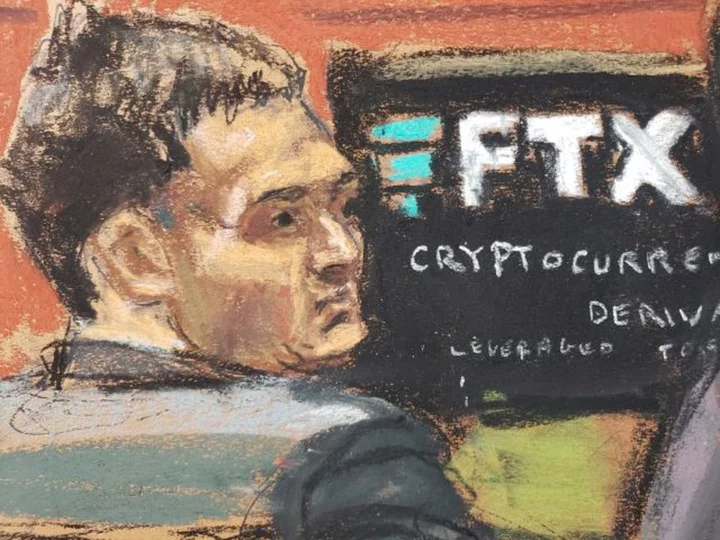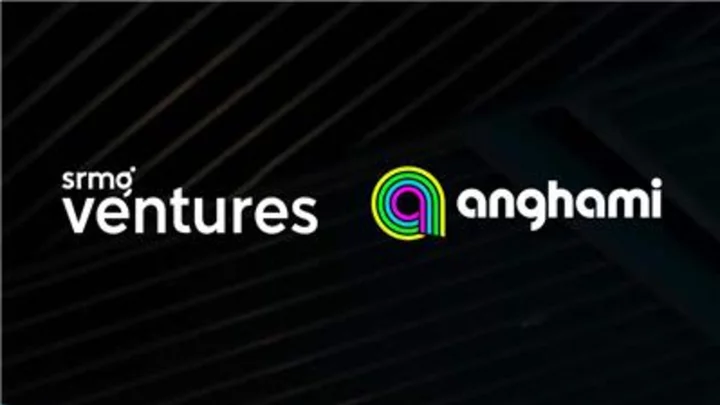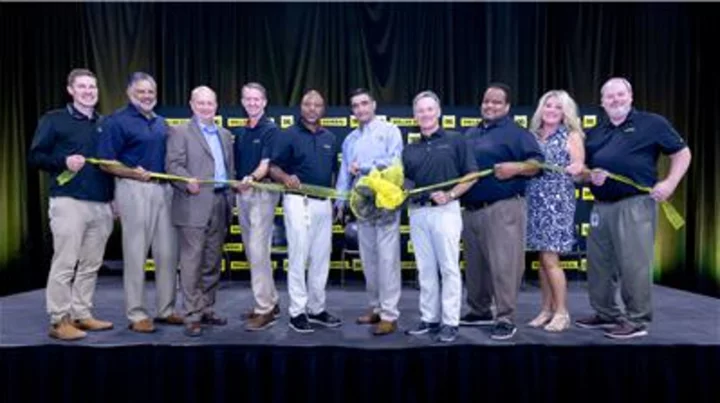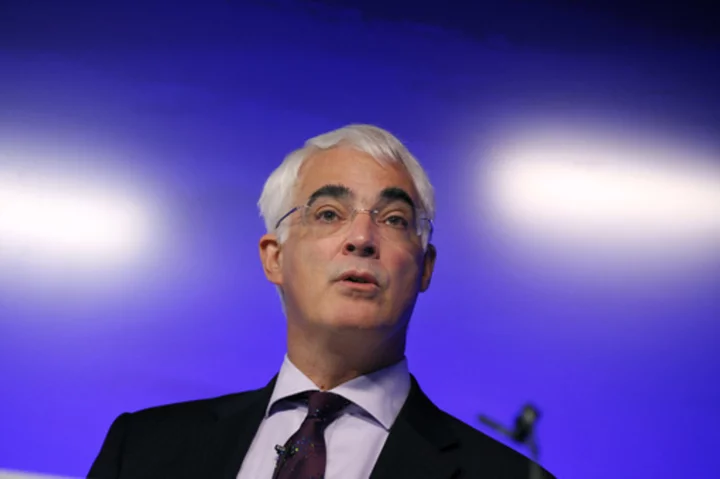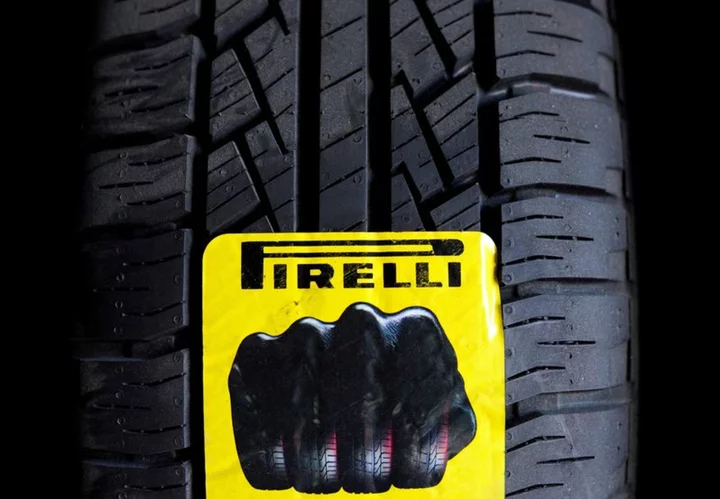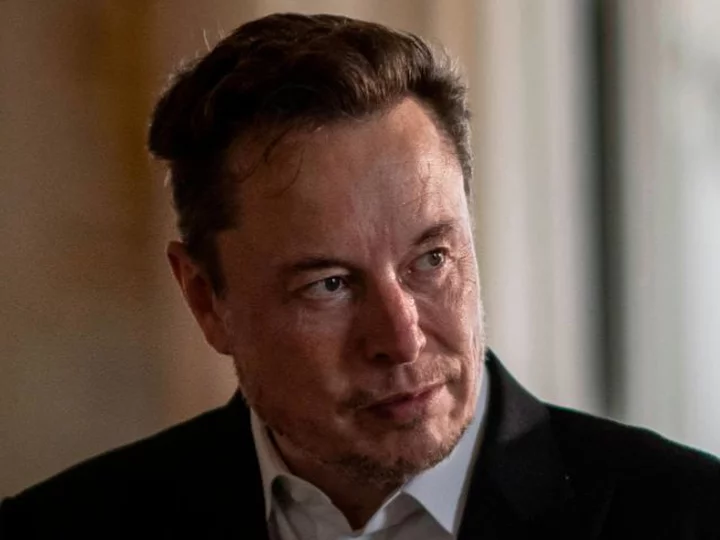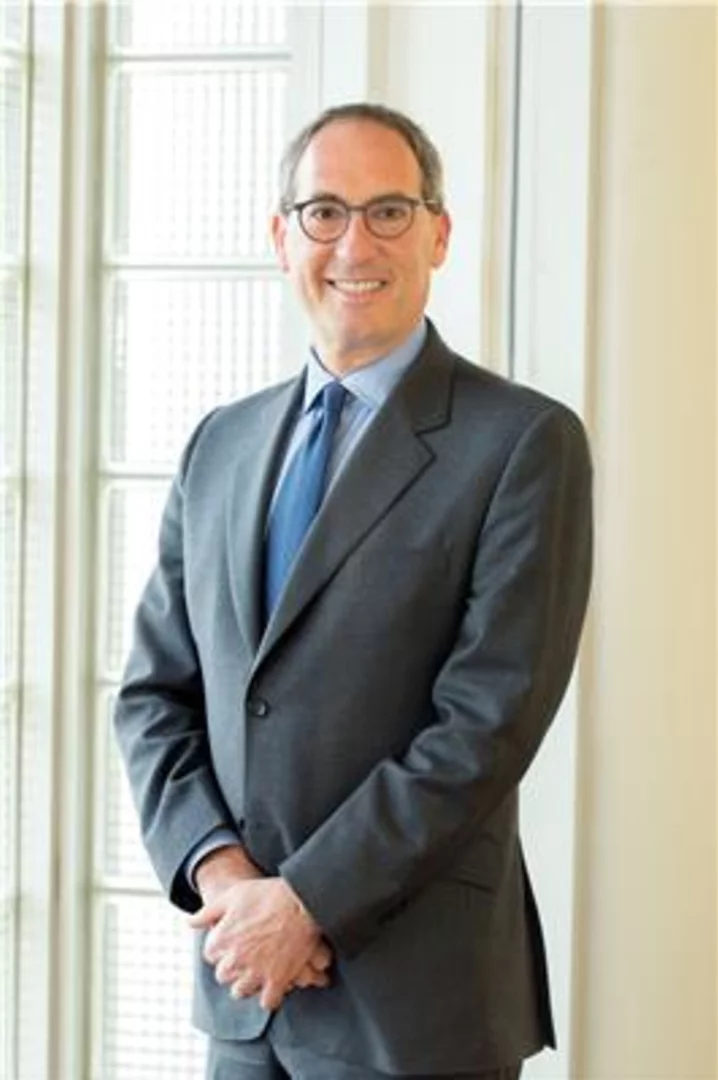Sam Bankman-Fried's fraud trial began just four days ago, and already jurors have heard testimony from one of his closest business partners who said, in essence, "we did the crimes, and we did them at SBF's direction."
Gary Wang, the co-founder of now-bankrupt crypto exchange FTX, is just the first of what is expected to be three key witnesses for the prosecution who will say under oath that the crypto firm's leadership defrauded investors and stole from customers in a multibillion-dollar scheme involving FTX and its sister trading house, Alameda Research.
Over roughly six hours of testimony, Wang recounted FTX's rise and fall with Bankman-Fried calling the shots on just about everything, including deceiving everyone outside of his inner circle about what was really happening at the firm.
Bankman-Fried, who has pleaded not guilty to seven counts of fraud and conspiracy, stands alone in his view of his business empire's collapse. Since his arrest in December last year, SBF has repeatedly sought to portray himself as a CEO who simply got in over his head. Things were "moving quickly" in the volatile world of crypto, his lead defense attorney, Mark Cohen, said in his opening statement Wednesday. They were "building the plane as they were flying it," and some things were overlooked.
The defense has not yet presented its case in the trial, which could last up to six weeks. It remains unclear whether Bankman-Fried will testify.
Here are some highlights from the first week in court.
Alameda's special privileges
Two of the witnesses called so far are former FTX employees who testified on crucial aspects of the government's case. Specifically, they explained to the jury how FTX and Alameda, which were ostensibly separate companies founded by Bankman-Fried, were effectively (secretly) deeply financially intertwined.
A simple way to think of it: Alameda was doing complex, highly risky bets in crypto markets (similar to a traditional hedge fund). FTX was the customer-facing business that was more straightforward — if you wanted to trade crypto, you just create an account, deposit some money on the platform and have at it. FTX made money by collecting fees on those trades.
The trouble is, FTX didn't tell its customers that the money they sent to FTX was actually being held in a bank account controlled by Alameda. Furthermore, prosecutors said, the people running FTX were secretly letting Alameda use FTX as a slush fund from which it could borrow a virtually unlimited amount of money.
Complicating things a bit, Alameda also used FTX like other businesses and individual investors did. But Alameda was not a typical customer.
Wang, who pleaded guilty to financial crimes as part of a plea deal, testified that he personally wrote some of the computer code that allowed Alameda backdoor access to FTX money, including customer deposits.
He also said that Alameda had a $65 billion line of credit from FTX — a figure that was meant to be so big it couldn't be breached. And Alameda was the only FTX customer allowed to carry a negative balance.
Bankman-Fried's lawyers challenged Wang's characterization of Alameda's privileges, saying Alameda controlled the bank account that FTX funds were deposited to because FTX, the newer company, was having trouble finding a banking partner (a common obstacle for crypto firms).
Defense counsel Christian Everdell, in cross-examining Wang, suggested that Alameda's ability to go negative and take out a large line of credit were functional necessities related to its role as a "market maker" on FTX — rather than a nefarious plot. (Market makers are people or companies that help exchanges run smoothly by taking on the role of buyer or seller at various times.) Everdell pointed to past conversations in which Wang told prosecutors that the "allow negative" function was necessary to fulfilling Alameda's role as a market maker.
What SBF said as FTX foundered
Prosecutors are trying to demonstrate that Bankman-Fried not only stole customer funds to splurge on luxury real estate and private jet trips, but also that he lied to investors, clients and the public about all of it.
In November 2022, as customers began drawing down their FTX accounts en masse, Bankman-Fried tweeted that FTX and customer assets were "fine."
"FTX was not fine," Wang said Friday. "Assets were not fine."
FTX did not have enough assets to cover all its client holdings because Alameda had withdrawn all of it, he said.
Star witness coming Tuesday
Caroline Ellison, Alameda's CEO and Bankman-Fried's on-and-off girlfriend, is expected to take the stand when court resumes on Tuesday.
Ellison, 28, is considered the prosecution's star witness, given her position as the head of Alameda and her personal knowledge of Bankman-Fried's behavior. Like Wang, she pleaded guilty to several fraud charges as part of a plea deal.
One of the crucial moments prosecutors have said they will address with Ellison is an audio recording of a meeting in which Ellison tells Alameda employees that the fund borrowed money from FTX customer accounts to pay back lenders. According to court documents, when one employee asks who made the decision, Ellison responds: "Um ... Sam, I guess."

